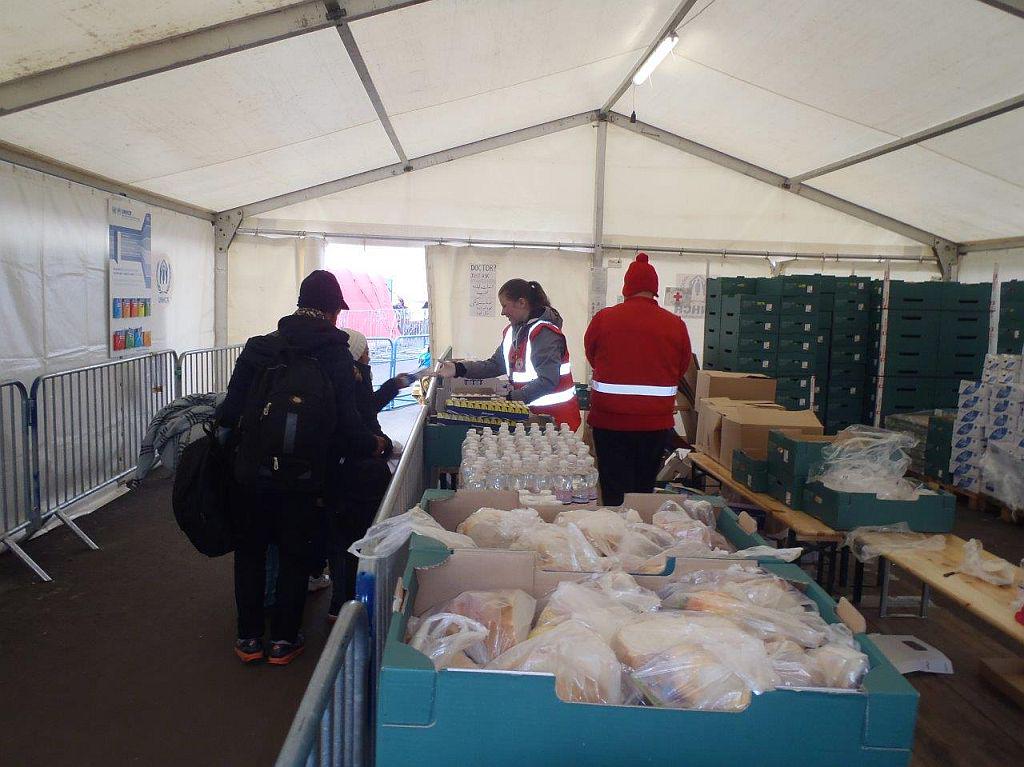
National Volunteer Week is underway in Slovenia. The highlight is the Happy Day of Volunteerism, which takes place on Tuesday at the Prešeren Square in Ljubljana. Around 80 volunteer organizations and their volunteers will present themselves.
"Gathered in one place volunteer organizations will show that volunteers are happy and healthy people," wrote the Slovene Philanthropy, which is the organizer of the week. Interest for volunteer work in Slovenia rose during the financial and economic crisis, when many struggled to make ends meet. The refugee crises, which deeply affected Slovenia with the mass arrival of refugees, prompted great interest in helping those in need of help.
Among those influenced by the refugee crisis to start doing refugee work is also Nina Barbič. "I have the feeling that the refugee crisis awakened many people and that more people have become aware of the fact that we don't all have the same living standards and that some even lack the basics for life. For a long time I wished to dedicate my time and energy to help others, and the refugee crisis somehow called out to me," Nina remembers how she started volunteering in her free time.
Through the Slovene Philanthropy Nina currently helps distributing surplus food to the socially vulnerable. At the same time she also helps teach Slovenian to asylum seekers from Iran. She dedicates three hours of her free time per week for these things. With regards to the distribution of surplus food project, volunteers collect left over meals from elementary schools and student centers, occasionally also from the Celica Hostel, and then distribute the food from the offices of the Slovene Philanthropy.
"It's food that hasn't been given out for lunch and stays in the kitchens. It would be a waste to throw it away and it's better to give it to those who really need it. There is great interest for the food. People are divided into groups and come in three times a week to receive food, as there is not enough of it to be distributed every day," says Nina. The most difficult task volunteers have is to distribute the food equally, as many of those that come in are attentive and compare the portions they receive with the portions of others.
"We never know how much food we're going to collect and how many people are going to come looking for food. Luckily I've never run out of food for someone. I don't even know how I would react in such a situation," she added. Those coming for food include parents, middle-aged persons and the elderly.
G. C.; translated by K. J.

































































